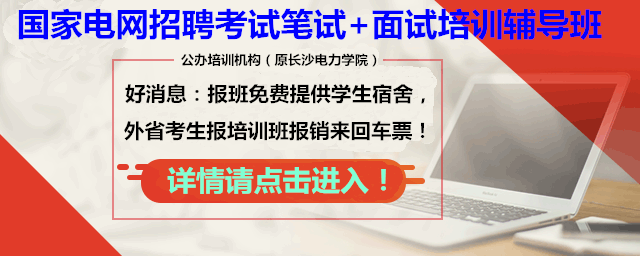请看下面这个句子:
When I told him the news, he smiled and shook __________ head.
A. the B. his C. a D. ×
分析:此题应选B。容易误选D。因为按照汉语习惯,通常只说“摇头”,而不说“摇他的头”。
在汉语中,像“我的”“你的”这类词有时可以省略,但在英语中,这类相应的物主代词却通常不宜省略。如:
有问题请举手。
正:Put up your hands if you have any questions.
误:Put up hands if you have any questions.
他切伤了手指。
正:He had his finger cut.
误:He had finger cut.
他拿起帽子就走出了房间。
正:He picked up his cap and left the room.
误:He picked up cap and left the room.
别把手放在口袋里。
正:Don’t put your hands in your pockets.
误:Don’t put hands in pockets.
有时英语中也可以省略物主代词。如:
他来时,我正在吃早餐。
正:When he came, I was having breakfast.
正:When he came, I was having my breakfast.
但是有时物主代词的有无,会产生语义上的差异。如:
lose heart 灰心
lose one’s heart (to) 倾心于(某人),爱上(某人)
When I told him the news, he smiled and shook __________ head.
A. the B. his C. a D. ×
分析:此题应选B。容易误选D。因为按照汉语习惯,通常只说“摇头”,而不说“摇他的头”。
在汉语中,像“我的”“你的”这类词有时可以省略,但在英语中,这类相应的物主代词却通常不宜省略。如:
有问题请举手。
正:Put up your hands if you have any questions.
误:Put up hands if you have any questions.
他切伤了手指。
正:He had his finger cut.
误:He had finger cut.
他拿起帽子就走出了房间。
正:He picked up his cap and left the room.
误:He picked up cap and left the room.
别把手放在口袋里。
正:Don’t put your hands in your pockets.
误:Don’t put hands in pockets.
有时英语中也可以省略物主代词。如:
他来时,我正在吃早餐。
正:When he came, I was having breakfast.
正:When he came, I was having my breakfast.
但是有时物主代词的有无,会产生语义上的差异。如:
lose heart 灰心
lose one’s heart (to) 倾心于(某人),爱上(某人)
温馨提示:因考试政策、内容不断变化与调整,长职理培网站提供的以上信息仅供参考,如有异议,请考生以权威部门公布的内容为准! (责任编辑:长职理培)






















点击加载更多评论>>